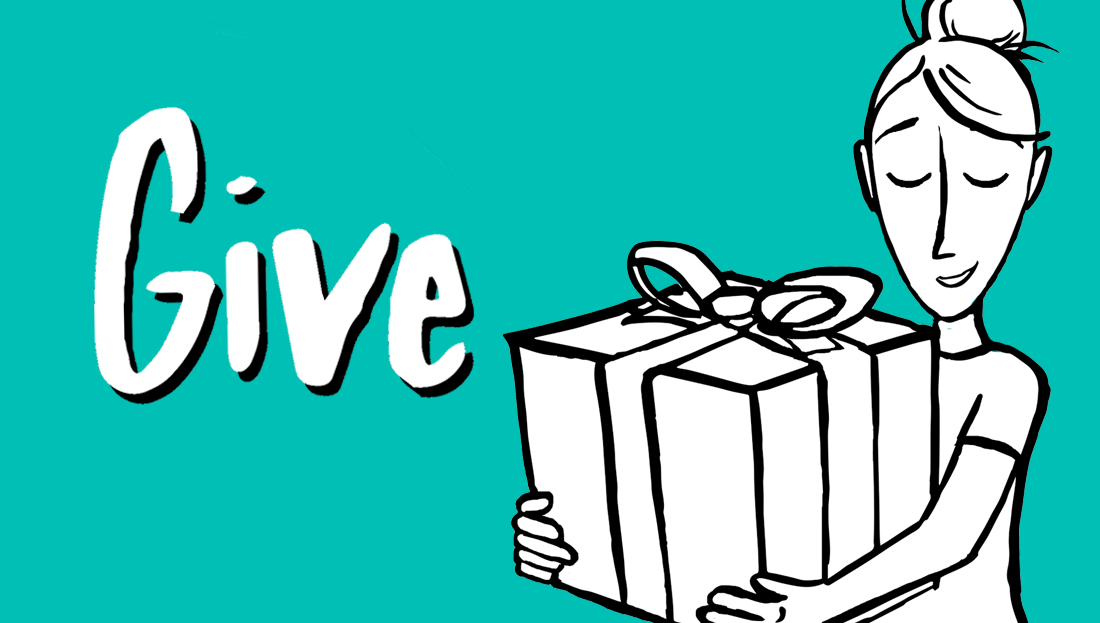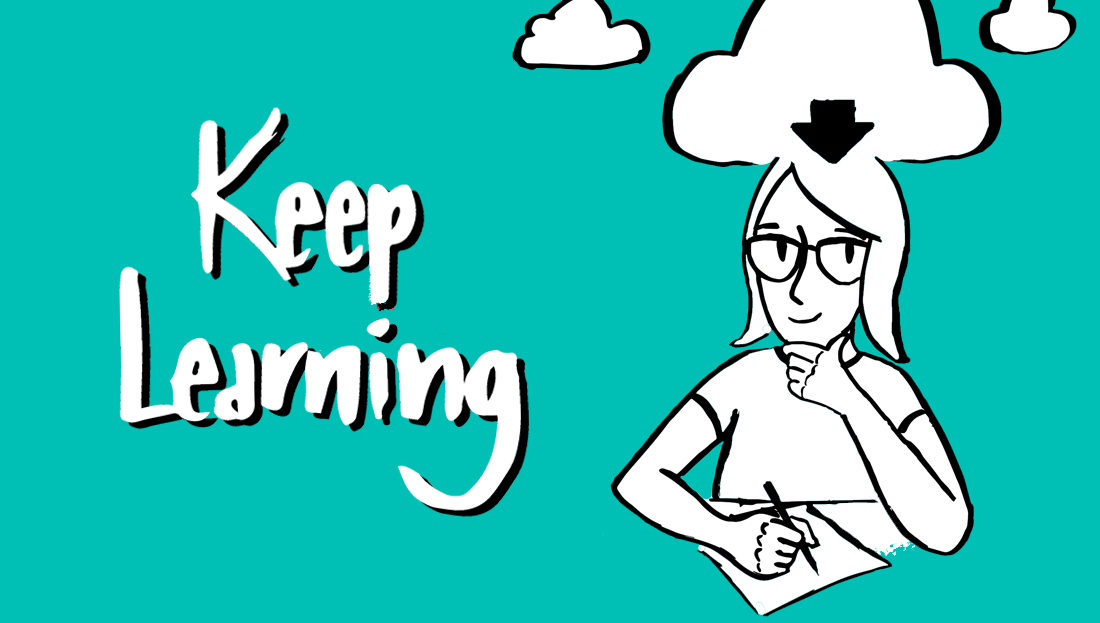
Bristol PGR Sophie Stevens recently won an Alumni Association Award for her engagement work, which has brought mathematics to new audiences. For Pi Day — and our own Give Week — she tells us why explaining your research to new audiences isn’t just fun, it can also improve your motivation.
Today is Pi Day, and — let’s not kid ourselves — it’s probably the only recognised day dedicated to celebrating maths.
And pie.
I’m a mathematician, but a problem that I face when I sit and read maths all day is that I lose perspective of why I like it. One way to bring fresh perspective to my work is via outreach and public engagement activities. Around Pi Day, most outreach activities tend to be centred around pies.
Though I enjoy celebrating Pi Day (I am a mathematician, after all), I’m less into actual pies. The filling is delicious, but the pastry’s too thick and gloopy and crumbs go everywhere. Pie’s redeeming feature is the filling, but I’ve always got funny looks for eating the filling by itself.
This leaves us — well really me, but a problem shared is a problem halved — with a conundrum: what shape should my pie be?
What Shape Should My Pie Be?
To fool those watching me eat, the pastry should be really thin. Mathematically, the pie filling is the volume, and the pie crust the surface area. Our game is to maximise the volume and minimise the surface area. This way, I can each as much filling as I want without creeping everyone out.
Now we’re in business; this has a name — the isoperimetric problem — a very old problem, but with a relatively recent solution.
The Isoperimetric Problem
In about 800BC Queen Dido had a problem. (Actually, she had many, because she was also fleeing her murderous brother.) She was about to found the city of Carthage, and had bought the amount of land that she could “enclose with one bull’s hide”. She wanted some bang for her buck so she proceeded to cut the leather into fine strips, creating a very long rope. Using this rope, she wanted to encircle the largest possible area for Carthage. What shape did she make?
Why Am I Telling You About My Pie Problems?
My pie problems are not vital for the isoperimetric problem. Nor are Queen Dido’s city creation skills. Both, however, are examples of communicating problems via stories.
Stories in research are everywhere (yes, even in maths). You can weave a plot from research; you can tell narratives of those who influenced it. Stories make research come alive; they make people care.
One of my favourite things about the isoperimetric problem is that it arose so naturally as a story. The narrative behind the problem has captured the imaginations for thousands of years.
Stories are a method of bring research to new audiences, but why should you?
Most obviously, giving back to the community is rewarding and fulfilling, and fun.
For example, I’m involved in organising Pint of Science — an annual festival where scientists explain their research to “the public” in a pub. Partaking in making this event happen makes me proud; the talks are fun; seeing others fascinated by science is rewarding.
Moreover, when you teach your subject, you pick out the best parts. Which in turn, reminds you what the best parts are.
For example, school-aged visitors to Bristol Central Library can enjoy the Puzzle Challenge — a rescue plot of shipwrecked alien disguises that masks a variety of mathematical tasks. This fun diversion for the young ones also happens to be a fairly accurate rendition of my own thesis, translated into whimsical worksheets as part of my work with the Library
Making my research accessible forced me to take a ‘big picture’ approach to my area: what were the most interesting aspects? How to make other people care?
An important corollary of these activities is that you (or at least I) return with fresh motivation and creativity for your own thesis.
What of Queen Dido?
Returning to Queen Dido’s problem, our solution is a circle. Whilst this is maybe somewhat obvious, proving that it’s true is pretty tricky.
The first halfway convincing proof came in 1838, when Steiner proved that IF there were a best possible way for Queen Dido to claim her city, then Carthage would be circle-shaped. However, it still took a few years to prove that a best solution exists, completing the proof.
Ramping this problem up to three dimensions — where you and I, and my pie, live — tells us that the best surface is a sphere.
And if we lived in n-dimensions? Maths has got our back: the ideal pie would have to be an n-dimensional sphere. Thanks maths.
Whilst we sit, happily munching our minimally pastrified pie, I’d like to ask you: how, and when, will you explain your research to a stranger?



